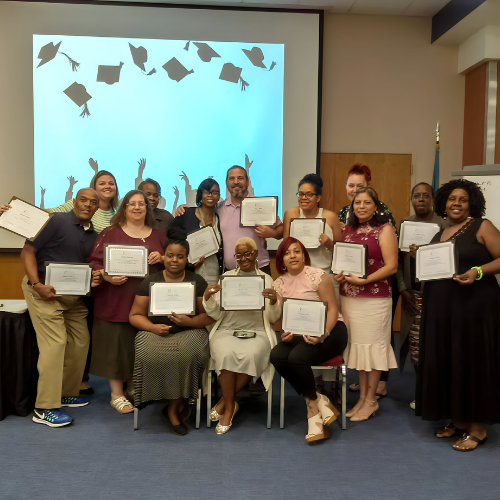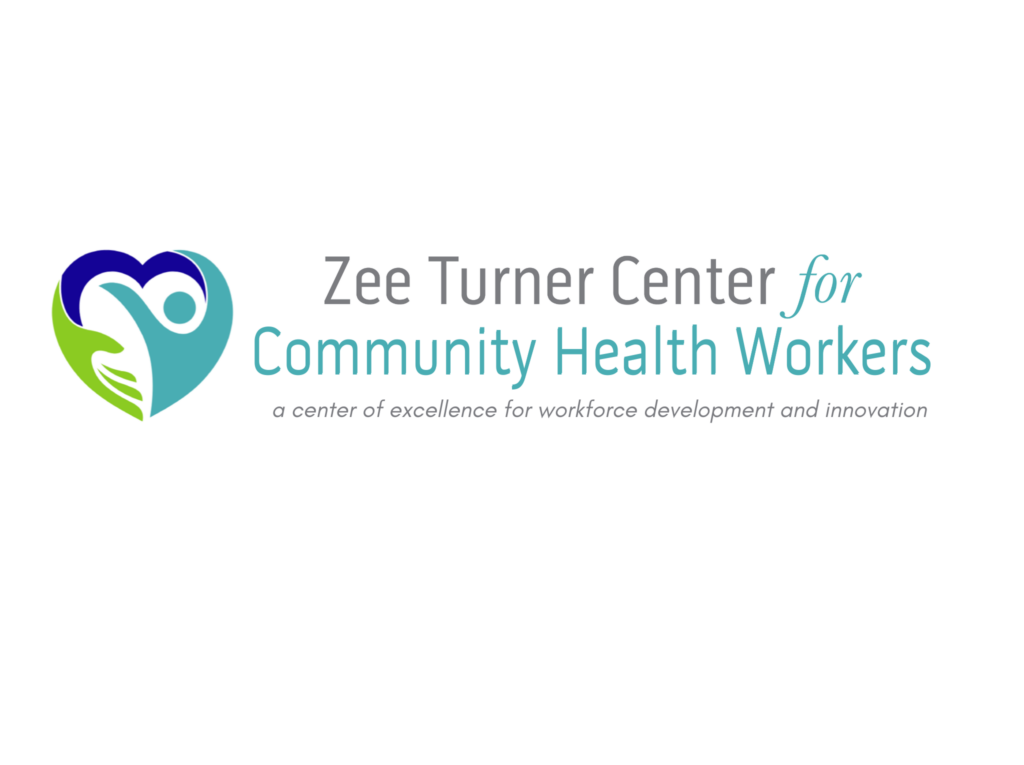IPHI is a recognized leader in developing the community health worker (CHW) workforce and designing, implementing, and evaluating of CHW-based public health services across the region.
Community health workers (CHWs) are trusted members of the communities in which they work. They often have lived experiences of their communities, which helps them serve as the liaisons between health/social services and the community. Imagine a doctor telling a patient, “Your comorbidities have exacerbated your condition…” While for some patients, this is plain language. Other patients could benefit from a CHW to “translate” the diagnosis into something easier to understand.
CHWs are public health workers who have a deep understanding of their community. CHWs have trusting relationships with community members and provide valuable education and information about health and social services. They are connectors to better health.
CHWs are also referred to as:
- Case Worker or Public Health Aide,
- Community Care Coordinator,
- Community Health Advisor/Educator/Promoter/Representative/Worker,
- Community Outreach Worker/Specialist or Neighborhood Health Advisor,
- Consejera/Animadora (counselor/organizer) or Promotor (a) de Salud (health promoter),
- Environmental Health Aide or Family Service Worker,
- HIV Peer Counselor,
- Lactation Consultant/Specialist or Maternal/Infant Health Outreach Specialist,
- Lay Health Advisor,
- Lead Abatement Education Specialist,
- Patient Navigator Peer Educator, and more.
CHWs help clients find access to services and improve the quality and cultural competence of service delivery. CHWs also build individual and community capacity by helping clients improve health knowledge and self-sufficiency through outreach, community education, informal counseling, social support, and advocacy.
Here are our community health worker initiatives:




